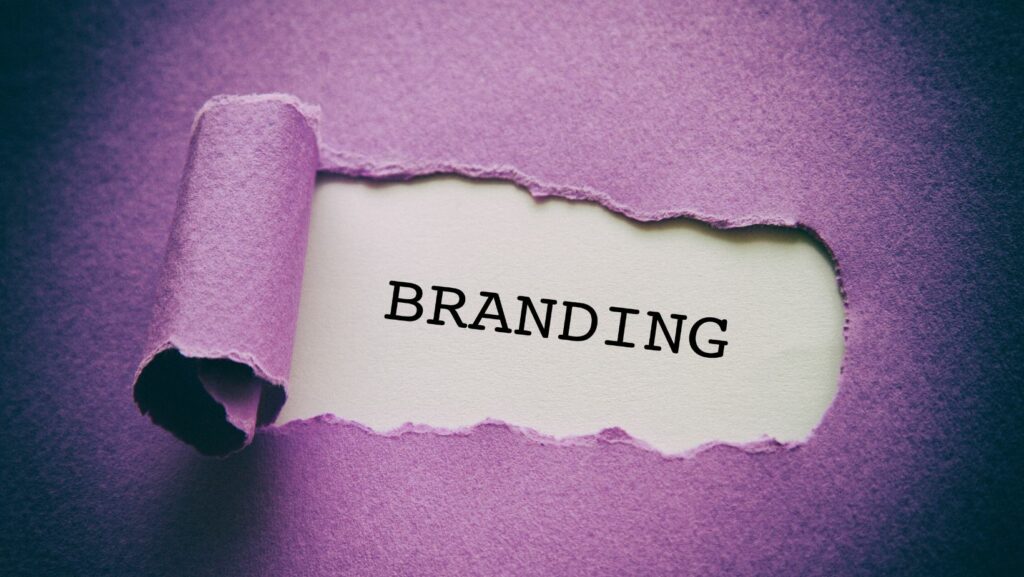In today’s competitive market, brand association plays a crucial role in shaping consumer perceptions and driving purchasing decisions. When customers think of a brand, they often associate it with specific qualities, emotions, or experiences. These associations can significantly impact a brand’s reputation and loyalty.
Brand Association
Brand association refers to the mental connections and perceptions consumers make with a brand. These associations can include qualities, emotions, and experiences linked to the brand. For instance, Nike often gets associated with athletic performance and innovation. Mercedes-Benz, on the other hand, conjures images of luxury and reliability.
In essence, brand associations serve as the foundation for brand identity. They shape how consumers perceive a brand and influence purchasing decisions. Positive associations can lead to increased brand loyalty and higher brand equity. Conversely, negative associations can damage a brand’s reputation and reduce its market value.
Attributes that commonly form brand associations include:
- Product Quality
- Consumers often link brands with the quality of their products. For example, Apple is associated with high-quality, innovative electronic devices.
- Customer Service
- Brands recognized for excellent customer service, like Zappos, create positive associations that build customer loyalty.
- Emotional Response
- Emotional connections are powerful. Coca-Cola often evokes feelings of happiness and nostalgia through its marketing campaigns.
- Corporate Responsibility
- Brands engaged in corporate social responsibility, such as Patagonia, foster positive associations related to ethical practices and environmental sustainability.
 Creating strong brand associations involves consistent branding efforts, quality products, and positive customer interactions. Marketers use these strategies to shape customer perceptions and enhance brand value.
Creating strong brand associations involves consistent branding efforts, quality products, and positive customer interactions. Marketers use these strategies to shape customer perceptions and enhance brand value.
Brand association significantly influences consumer perceptions and behaviors. By connecting qualities, emotions, and experiences with a brand, associations shape how consumers view and interact with it.
Influence On Consumer Behavior
Brand association drives consumer behavior by establishing mental connections between the brand and positive attributes. For example, consumers may associate Apple with innovation and user-friendly technology, prompting them to choose Apple products over competitors’. Positive brand associations can lead to increased brand preference, higher purchase intent, and willingness to pay premium prices. Negative associations, like poor customer service, can deter potential customers and damage the brand’s reputation.
Impact On Brand Loyalty
Strong brand associations foster customer loyalty by creating an emotional bond between the consumer and the brand. When consumers link a brand with positive experiences or values, they’re likely to remain loyal. For instance, Starbucks’ brand association with quality coffee and a cozy atmosphere encourages repeat visits. Loyal customers are also more likely to become brand advocates, promoting the brand through word-of-mouth and social media, enhancing brand reach and reputation.
Types Of Brand Association
Several types of brand association influence consumer perceptions and behaviors. Each type impacts how consumers relate to and recognize a brand.
Product Attributes
 Product attributes form a foundational element of brand association. Consumers connect specific characteristics of a product with the brand. These attributes include features, quality, design, and packaging. For instance, Apple’s sleek design and user-friendly interface are key product attributes that consumers associate with the brand. Similarly, the durability and off-road capabilities characterize Jeep, creating a strong brand association in consumers’ minds.
Product attributes form a foundational element of brand association. Consumers connect specific characteristics of a product with the brand. These attributes include features, quality, design, and packaging. For instance, Apple’s sleek design and user-friendly interface are key product attributes that consumers associate with the brand. Similarly, the durability and off-road capabilities characterize Jeep, creating a strong brand association in consumers’ minds.
Customer Benefits
Customer benefits relate to the tangible and intangible value consumers receive from a brand’s products or services. These benefits include functional, experiential, and symbolic rewards. Functional benefits address practical needs, exemplified by Volvo’s association with safety features. Experiential benefits enhance user experience, as seen with Disney’s theme parks, providing immersive adventures. Symbolic benefits, like luxury and status linked to Rolex watches, drive consumer preference by appealing to personal and social identity.
Brand Attitudes
 Brand attitudes reflect consumers’ overall evaluations and feelings towards a brand. Positive brand attitudes derive from consistent customer satisfaction, trust, and emotional connections. For example, Coca-Cola’s brand attitude is shaped by its consistent taste, widespread availability, and emotional advertising campaigns. A strong, positive brand attitude fosters loyalty, encouraging consumers to prefer and repeatedly choose the brand over competitors.
Brand attitudes reflect consumers’ overall evaluations and feelings towards a brand. Positive brand attitudes derive from consistent customer satisfaction, trust, and emotional connections. For example, Coca-Cola’s brand attitude is shaped by its consistent taste, widespread availability, and emotional advertising campaigns. A strong, positive brand attitude fosters loyalty, encouraging consumers to prefer and repeatedly choose the brand over competitors.
This structured approach to understanding types of brand association helps businesses effectively manage and enhance their brand’s image and consumer relationships.
In Conclusion
Brand association plays a crucial role in shaping consumer perceptions and driving loyalty. By leveraging consistent messaging and fostering emotional connections through customer engagement, companies can build strong, positive associations. Effective measurement through surveys, social media monitoring, and analytical tools like Hootsuite and Brandwatch provides valuable insights into consumer perceptions. These strategies and tools help brands identify strengths and weaknesses, enabling them to refine their approach and maintain a competitive edge. Embracing these practices ensures that brands not only resonate with their audience but also sustain long-term success in an ever-evolving market.

